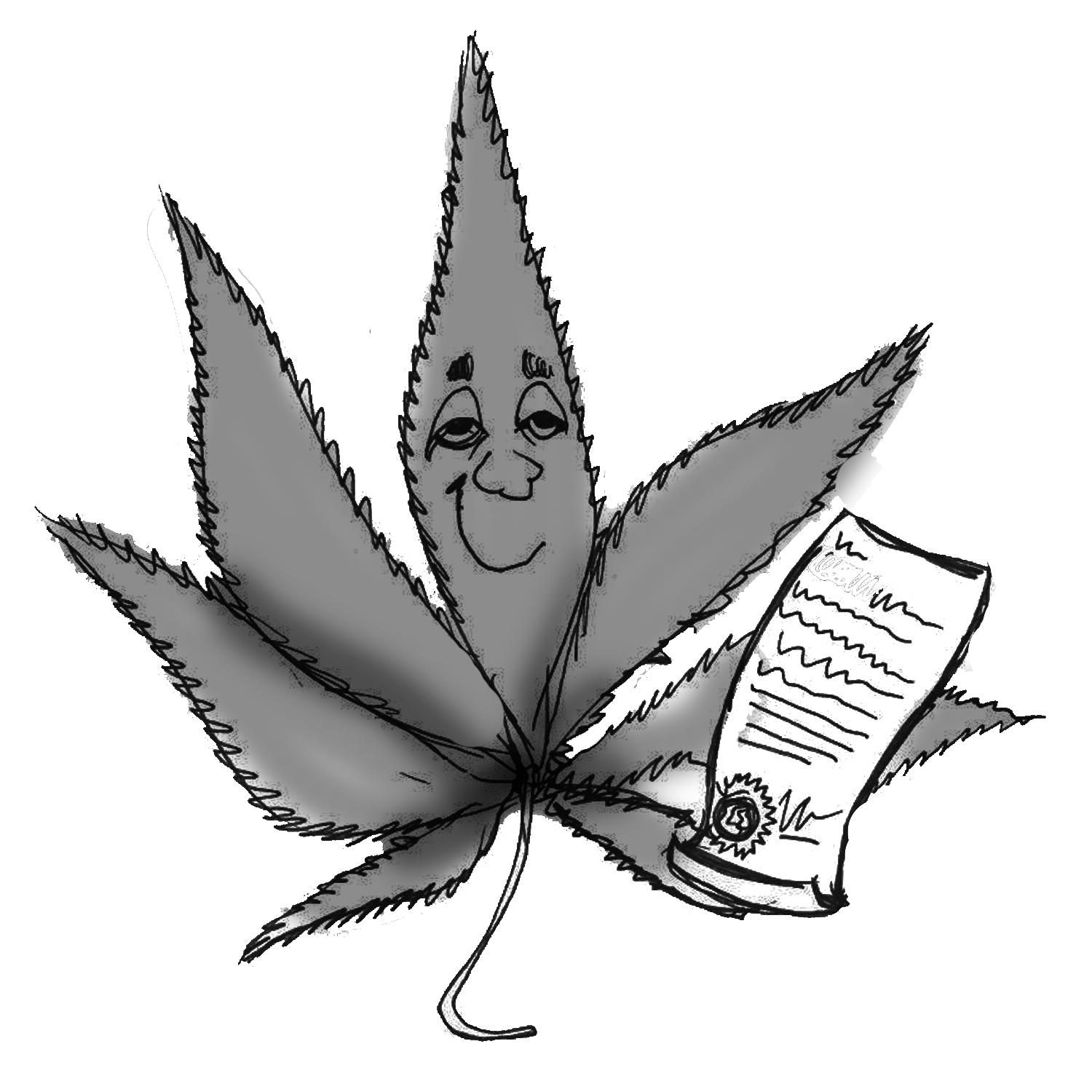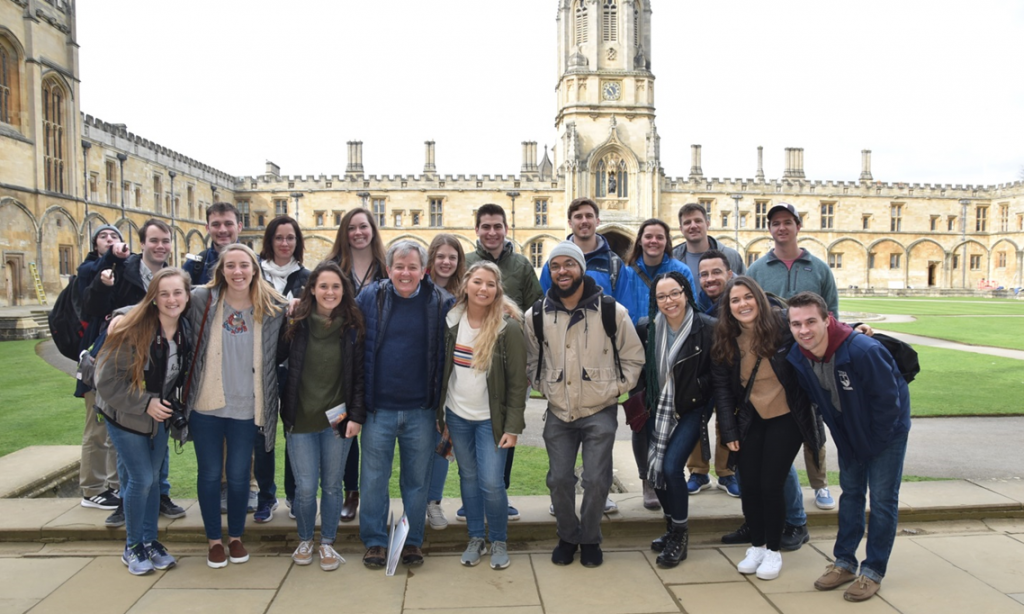There are over 300 slang terms for marijuana. States, animals and common-place names have all been sacrificed to the altar of colloquialism, the result being jargon such as Chicago green, the magic dragon and Mary Jane. Such names may become nationally known by the end of year due to marijuana legalization laws.
Terry McAuliffe, the governor of Virginia, said in an interview with WTOP radio that he would be willing to legalize marijuana statewide as soon as 2017 if legislators are ready to back the measure. He also said that any bills would most likely be specific to medical cannabis, as opposed to recreational.
If marijuana were legalized, colleges and universities would have to decide how to incorporate the new laws into their existing framework of rules and regulations.
The first of these decisions would be whether to allow marijuana on campus or continue to ban it. If the former is selected, the question then becomes whether to allow students and staff to use marijuana medically, recreationally or both. Additionally, schools will have to decide where people will be allowed to smoke it. Smoking inside poses a fire hazard, but smoking outside could affect bystanders. Because of its classification as a mind-altering substance, second-hand smoke inhalation poses more of a problem with marijuana than cigarettes or vapes do.
“One of the first things the college would do is look for guidance from within the commonwealth itself, and the state organizations that we belong to,” Vice President of Student Affairs Keith Moore said.
“We would also look at what our peer institutions within the commonwealth in particular are doing, but I would also extend the benchmarking to states that have already managed this,” Moore said.
Looking to other campus communities would be one of the most important initiatives the college would take in response to the legalization of marijuana.
“It’s such a powerful thing. You don’t have to reinvent the wheel, you’re not going into something blind. You have, hopefully by that time, what other places have honed to be the best practices, and then you can pick and choose what those are and mold them to fit the community where you are,” Moore said.
According to Moore, students would have to register their use with health services and provide a note from a doctor or physician in the case of medical marijuana. In the case of recreational marijuana, any smoking devices or accessories would have to be registered with Residence Life, much like hookahs.
Besides state laws and precedents, the college also has to consider federal rulings. Even if Virginia legalizes marijuana, it is still illegal under federal law. Because the school receives federal funding, it is required to run drug-prevention and education programs. It is unclear how the funding would be affected if the college allowed marijuana on campus.
Concerns about how marijuana may affect students’ academic performance are arising as well.
The University of Maryland School of Public Health recently released a report regarding the effects of substance use on college students. Marijuana was found to be the second-most used and abused substance on college campuses, the first being alcohol. The study found a host of negative side effects related to marijuana use, which become progressively worse over time. Among these effects are declining grades, impaired focus and a tendency to skip or drop classes.
According to the 2016 Annual Fire and Safety Report, last year there were 23 controlled substance violations on campus, two of which resulted in arrest.
“It’s complex,” Greg West, chaplain of the college and head of Marlin Ministries, said. “I’m not one who would say this is a great evil or anything like that, but I think we’ve got to be really honest about the hazards and the potential for harm. We have to honestly evaluate and we have to educate.”
Addressing the issue of smoking spaces, West suggested designated smoking areas away from the general populace to avoid second-hand inhalation.
“It’s got to be handled well,” West said. “It’s one of those big questions in society— ‘Where do my rights end, and yours begin?’ We have to honor both.”
Some students prefer smoke-free areas, while others have medical conditions, such as asthma, that require them to avoid smoke inhalation all together. Others choose to smoke, but may feel alienated if the designated areas are too isolated or that their rights are being infringed upon, if these concerns aren’t handled well, it could lead to problems with student retention and admission.
However, West also pointed out that marijuana could potentially be a great entrepreneurial and fundraising opportunity for the community.
“If it does become legalized, we will be having the biggest Cheetos sale in the history of campus ministry,” West said. “We’ll be ready for it.”
Students seem to regard the subject with the same levity.
“I think it’s pretty dope. I wish they’d legalize it. Four-twenty blaze it,” Bailey Foley said with a laugh.
Sophomore Nel Hart agreed.
“I don’t have any problem with it, provided no one gets hurt from it. As long as students get to their classes like they normally do, or don’t,” Hart said.
She joked that the worst of the effects seem to be the munchies and a hindered reaction time.
Virginia has already seen two measures that have tentatively begun the legalization process, though they aren’t well-known.
Earlier this year, the Virginia General Assembly approved a policy which will allow the cultivation of cannabis by pharmaceutical processors in the form of cannabidiol oil. The distribution of the oil is limited to people with intractable epilepsy.
In 2015, the Assembly passed HB 1445, a controversial law that would allow these same people to avoid conviction— but not arrest— for having specific cannabidiol oils with minimal amounts of THC.
A total of 26 states and the District of Columbia have all legalized medical, recreational or both forms of marijuana.
Mickella Rast
mjrast@vwc.edu
(Photo: Val Miller | Marlin Chronicle)

